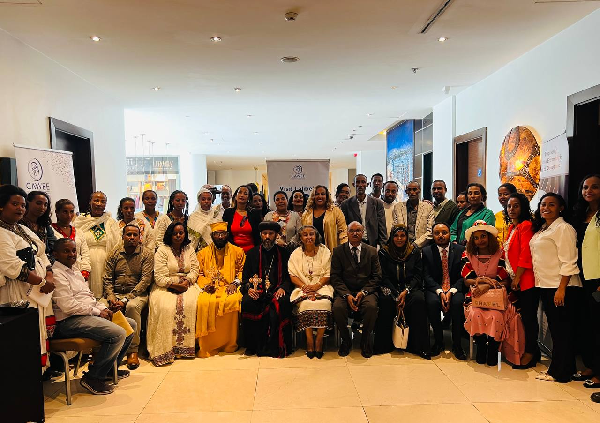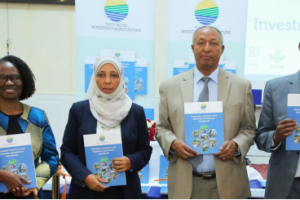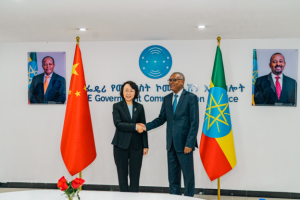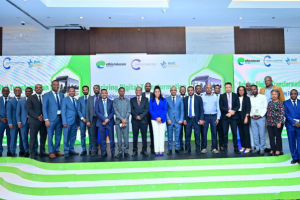
ADDIS ABABA – The Ministry of Tourism has underscored the importance of integrating local communities, particularly those near UNESCO World Heritage sites, into Ethiopia’s growing tourism sector.
This emphasis came recently at a key moment, as the Center for Accelerated Women’s Economic Empowerment (CAWEE) officially handed over the ‘Visit Lalibela’ project to the Lalibela Town Labor and Skills Office, marking a significant step in empowering marginalized women through tourism.
Tourism State Minister Seleshi Girma highlighted the role of tourism in supporting local economies, stressing that initiatives like ‘Visit Lalibela’ have provided new livelihoods to over 100 women by merging traditional crafts with modern market demands.
The project has enabled participants to develop skills in hand-weaving, pottery, beeswax extraction, and tour guiding, all while promoting the preservation of Ethiopia’s rich cultural heritage.
“As tourism grows, it must benefit the communities that surround our most iconic sites,” Seleshi said.
He pointed to the success of other government-backed projects, such as Gebeta LeHager and LeTeweld, which have already generated significant employment.
“Tourism is not only an economic pillar, but a catalyst for job creation and social mobility,” he added.
The ‘Visit Lalibela’ project, which was launched in November 2023 with funding from Germany’s BMZ through the GIZ GmbH initiative, is set to run until November 2025.
CAWEE’s Executive Director Nigist Haile(PhD) expressed pride in the program’s impact, noting that it has connected women to both local and international markets, expanding their opportunities for self-employment.
“This initiative demonstrates how tourism, when aligned with local empowerment, can drive economic growth and improve livelihoods for women and youth,” Nigist said.
She also noted that the project was supported by a 250,100 Euros budget from GIZ, with plans for future expansion to other regions of Ethiopia.
Lalibela’s Deputy Mayor Wondimu Wedaje, praised the project’s resilience in overcoming regional challenges. He emphasized its role in fostering skills development and the sharing of knowledge among women and youth, which he sees as key to building a more sustainable local economy. The project’s legacy will continue through the Labor and Skills Office, which will manage women’s groups and ensure the sustainability of the outcomes, while CAWEE focuses on maintaining market linkages.
This handover marks a milestone in Ethiopia’s efforts to combine tourism with community empowerment, ensuring that the growth of the sector benefits not only the nation’s economy but also its most vulnerable populations.
BY BETLEHEM BEDLU
THE ETHIOPIAN HERALD FRIDAY 25 APRIL 2025





